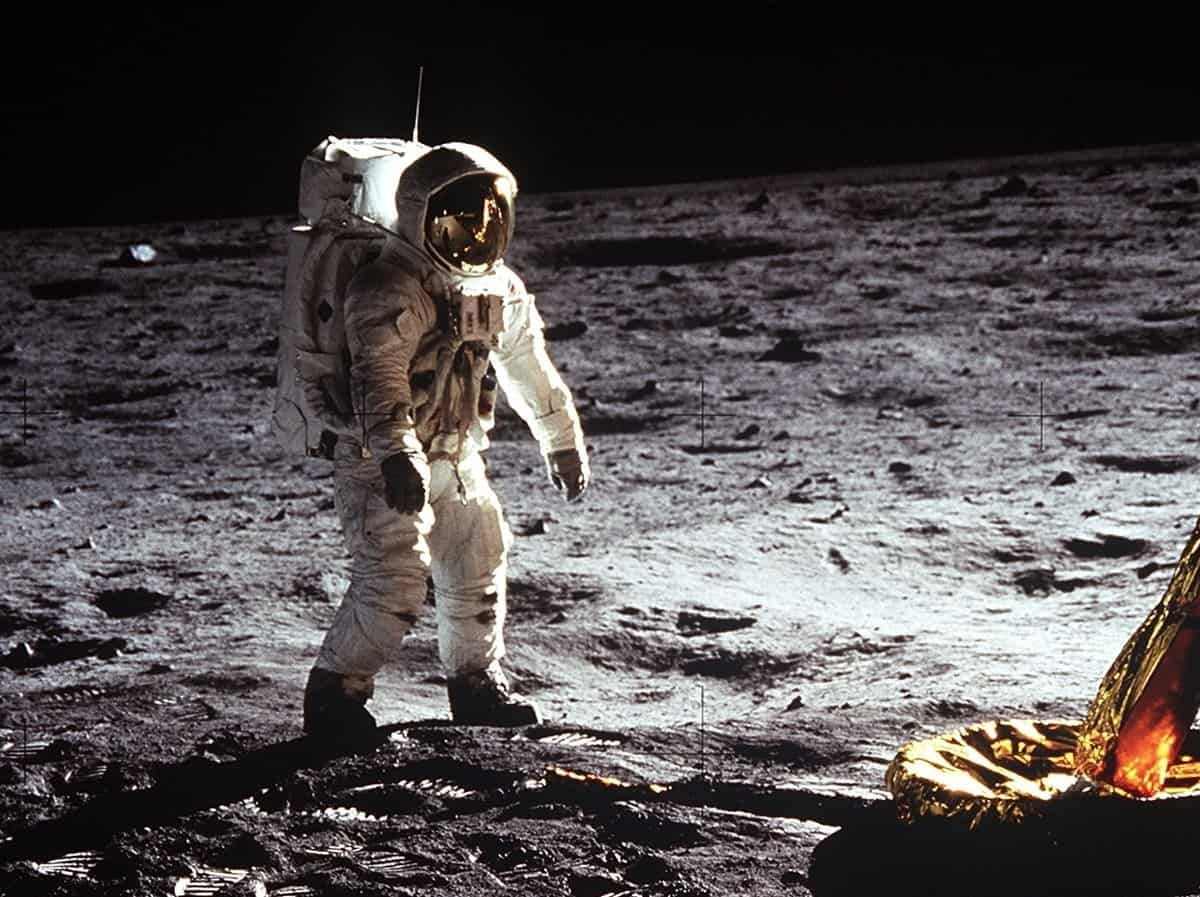
Washington: the US space agency has selected Axiom Space to deliver a moonwalking system for astronauts for the Artemis III mission, which will land Americans on the surface of the Moon for the first time in over 50 years.
This award — the first one under a competitive spacesuits contract — is for a task order to develop a next generation Artemis spacesuit and supporting systems, and to demonstrate their use on the lunar surface during Artemis III, NASA said in a statement.
With this award, NASA has put in place another cornerstone of returning astronauts to the Moon under Artemis to support continued scientific breakthroughs, benefiting humanity back on Earth. As part of its planned human lunar spaceflight missions, NASA will land the first woman and first person of color on the Moon.
After reviewing proposals from its two eligible spacesuit vendors, NASA selected Axiom Space for the task order, which has a base value of $228.5 million.
“NASA is proud to partner with commercial industry on this historic mission that will kickstart the United States building a lasting presence on the surface of the Moon,” said Lara Kearney, manager of NASA’s Extravehicular Activity and Human Surface Mobility programme.
“What we learn on Artemis III and future missions on and around the Moon will pave the way for missions to Mars. Spacesuits enable us to literally take that next step.”
Axiom Space will be responsible for the design, development, qualification, certification, and production of its spacesuits and support equipment that will meet these key agency requirements for Artemis III.
NASA experts will maintain the authority for astronaut training, mission planning, and approval of the service systems. Axiom Space will be required to test the suits in a spacelike environment before Artemis III.
Under the indefinite delivery and indefinite quantity of the Exploration Extravehicular Activity Services contract, eligible industry partners compete for task orders that will provide a full suite of capabilities for NASA’s spacewalking and moonwalking needs during the period of performance through 2034.
Through Artemis, NASA will land the first woman and the first person of color on the Moon, paving the way for a long-term, sustainable lunar presence and serving as a steppingstone for future astronaut missions to Mars.
Meanwhile, the US space agency has attempted twice to send an unscrewed Artemis I mission to the moon, but failed owing to hydrogen leak in one of the rocket’s engines.



